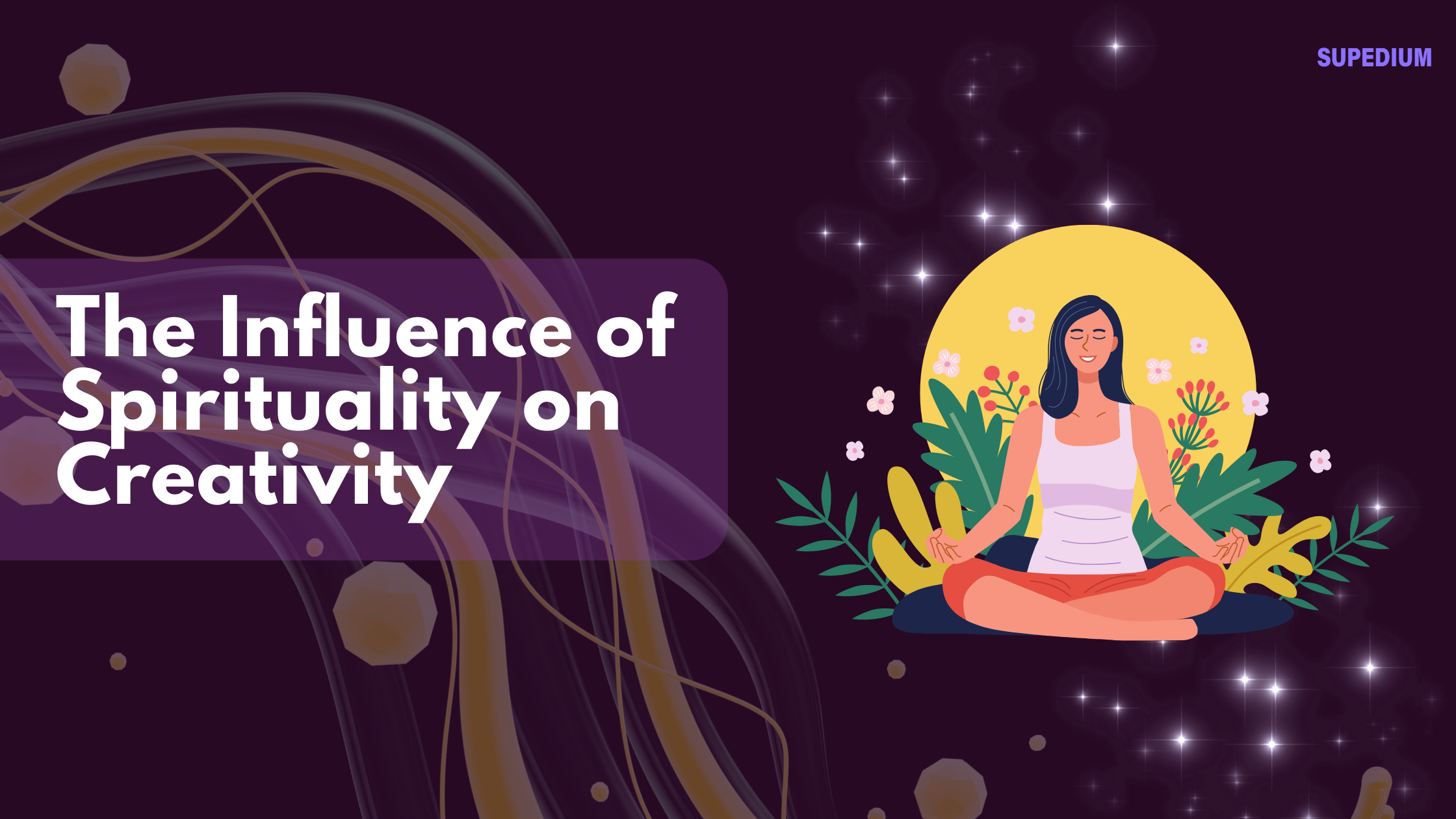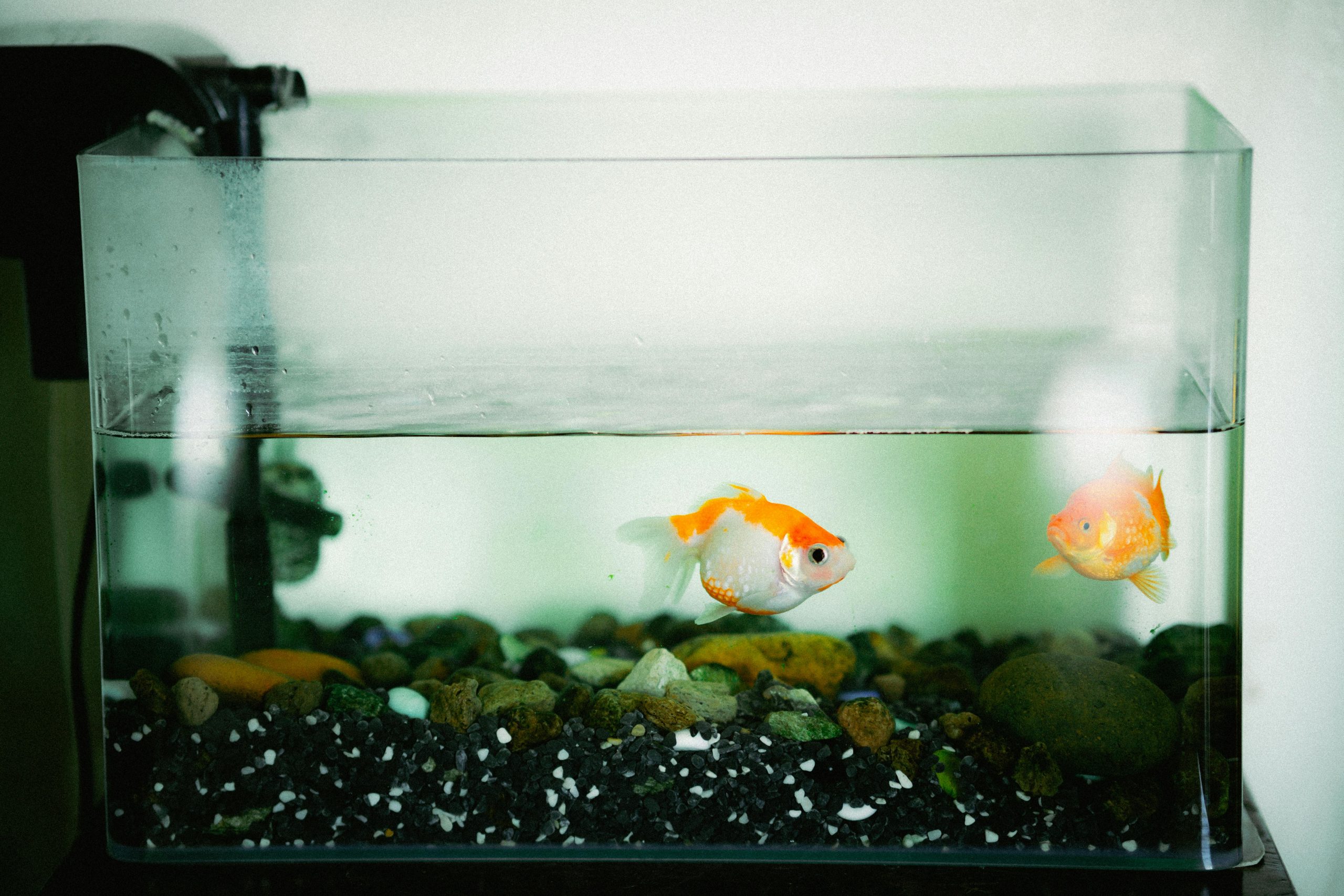Table of Contents
![]()
I. Introduction
Creativity is often celebrated as a unique human trait that drives innovation, artistic expression, and problem-solving. But what fuels this creative spark? One compelling perspective is that spirituality, a broad and multifaceted concept encompassing personal growth, connection to a higher power, and existential exploration, plays a significant role in nurturing creativity. This article delves into how spirituality impacts creativity, providing a detailed examination of theoretical frameworks, historical contexts, contemporary examples, and practical implications.
II. Theoretical Framework
Conceptual Understanding of Spirituality and Creativity
Spirituality is diverse, encompassing both religious and non-religious dimensions. At its core, it involves aspects such as transcendence, connection, purpose, and inner peace. These elements can create a fertile ground for creativity by fostering mental states conducive to novel thinking and emotional depth.
Creativity, on the other hand, involves the generation of new and valuable ideas or artistic expressions. Theories of creativity highlight cognitive, emotional, and experiential dimensions. Cognitive theories emphasize mental processes like problem-solving and idea generation. Emotional theories focus on how feelings influence creative output, while experiential theories consider the role of individual experiences and environmental factors.
Psychological and Philosophical Perspectives
Psychologically, spirituality can influence creativity by affecting mental states that facilitate creative thinking. Practices such as meditation and mindfulness may enhance focus and emotional stability, which are crucial for creative processes. Philosophically, spiritual enlightenment often aligns with the pursuit of deeper insights and perspectives, which can drive creative endeavors.
III. Historical Context
Historical Examples of Spirituality and Creativity
Throughout history, spirituality has been intertwined with creative expression. Ancient cultures, such as those in Egypt, Greece, and India, integrated spiritual beliefs into their artistic and technological achievements. For instance, the art and architecture of ancient Egypt were deeply rooted in religious beliefs and practices.
During the Medieval and Renaissance periods, religious themes profoundly influenced art and literature. Figures such as Dante and Michelangelo drew upon their spiritual beliefs to create works of enduring significance. The influence of Christianity, for example, is evident in much of the Renaissance art, which often depicted religious themes and sought to reflect divine beauty.
Influence of Spiritual Movements
The Romanticism movement of the late 18th and early 19th centuries saw a surge in the expression of deep emotions and spiritual experiences through art and literature. Poets and writers like William Wordsworth and Samuel Taylor Coleridge explored themes of the sublime and the transcendent.
Transcendentalism, a philosophical movement in the early 19th century, also bridged spirituality and creativity. Thinkers like Ralph Waldo Emerson and Henry David Thoreau emphasized the connection between spiritual intuition and creative insight, advocating for a deeper understanding of nature and the self.
IV. Contemporary Perspectives
Modern Spiritual Practices and Creativity
In contemporary times, spiritual practices such as mindfulness and meditation have become widely recognized for their impact on creativity. Mindfulness, which involves focusing on the present moment, can enhance concentration and reduce stress, thereby creating a mental environment conducive to creative thinking.
Yoga and other spiritual practices that promote holistic well-being also contribute to creativity. By fostering a sense of inner peace and balance, these practices can enhance one’s ability to engage in creative activities and explore new ideas.
Case Studies and Examples
Contemporary artists and musicians often integrate spiritual practices into their creative processes. For instance, renowned musicians such as David Bowie and Björk have spoken about how their spiritual explorations influence their work. Similarly, visual artists like Yayoi Kusama use spiritual themes to inspire their art, creating pieces that reflect their personal spiritual journeys.
In the business world, spiritual practices are increasingly recognized for their role in fostering innovation. Entrepreneurs and leaders who incorporate mindfulness and spiritual reflection into their routines often report higher levels of creativity and problem-solving ability. Companies are also beginning to adopt wellness programs that include spiritual practices to enhance creativity and employee well-being.
V. Mechanisms of Influence
Psychological Mechanisms
Spirituality can influence creativity through various psychological mechanisms. One key mechanism is the enhancement of focus and flow. Spiritual practices such as meditation can help individuals achieve a state of flow, where they are fully immersed in their creative work and experience a heightened sense of productivity.
Another psychological mechanism is emotional well-being. Spiritual fulfillment often leads to greater emotional stability, which can reduce creative blocks and foster a more positive and open mindset conducive to creativity.
Cognitive Mechanisms
Spirituality also affects creativity through cognitive mechanisms. Spiritual practices can help expand perspectives, allowing individuals to break free from conventional thinking patterns. This expanded worldview can lead to novel ideas and approaches in creative tasks.
Intuition and insight, often associated with spiritual experiences, play a significant role in creativity. Many creative individuals report that their best ideas come during moments of introspection or spiritual reflection, suggesting that spiritual intuition can guide and inspire creative processes.
VI. Practical Implications
For Individuals
For individuals seeking to enhance their creativity, integrating spiritual practices into daily routines can be highly beneficial. Practices such as meditation, mindfulness, and reflective journaling can help create a conducive mental environment for creative thinking.
Personal development through spirituality can also enhance creative abilities. By exploring personal values, purpose, and inner experiences, individuals can gain deeper insights that fuel their creative endeavors.
For Organizations
Organizations can foster creativity by creating environments that support spiritual and creative growth. Workspaces that promote mindfulness and well-being can enhance employees’ ability to think creatively and solve problems innovatively.
Corporate wellness programs that include spiritual practices, such as mindfulness training or meditation sessions, can also boost creativity. By supporting employees’ spiritual well-being, organizations can cultivate a more creative and engaged workforce.
VII. Criticisms and Counterarguments
Skepticism About Spiritual Influence
Despite the positive perspectives on the influence of spirituality on creativity, there are criticisms and alternative viewpoints. Some argue that the connection between spirituality and creativity lacks empirical evidence and may be overstated. Critics point out that other factors, such as environment, education, and psychological traits, also play crucial roles in fostering creativity.
Balancing Perspectives
A holistic view of creativity acknowledges that while spirituality can influence creative processes, it is one of many factors that contribute to creative output. Balancing spiritual influences with other motivational and environmental factors can provide a more comprehensive understanding of creativity.
VIII. Conclusion
The interplay between spirituality and creativity offers a rich area for exploration, revealing how spiritual practices can enhance creative processes and outcomes. By understanding the theoretical frameworks, historical contexts, and contemporary examples of this relationship, individuals and organizations can leverage spiritual practices to foster creativity and innovation.
Future research may further elucidate the nuances of how spirituality influences creativity and explore new ways to integrate spiritual practices into creative fields. In the meantime, recognizing the potential benefits of spirituality can inspire individuals and organizations to explore this dynamic relationship further.
In summary, spirituality and creativity are intertwined in complex and meaningful ways. Embracing this connection can lead to profound insights and breakthroughs, both personally and professionally, as individuals and organizations seek to unlock their creative potential.
Share This





Be the first to comment